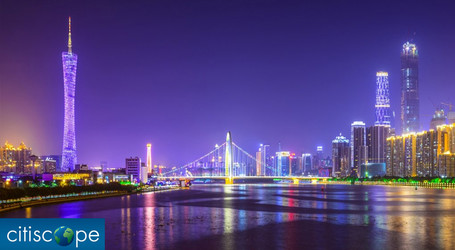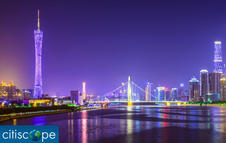
 By Neil Pierce, the founder and editor-in-chief of Citiscope.
By Neil Pierce, the founder and editor-in-chief of Citiscope.
GUANGZHOU, China — Can an award system for distinctive city innovations go beyond capturing headlines for winners? Can it develop into an ongoing system of learning for cities around the world, inspiring new ways for them to deal with tough social, economic and environmental challenges?
That’s the clear goal of the Guangzhou International Award for Urban Innovation, inaugurated by the city’s mayor in 2012 and cosponsored by the two leading worldwide city membership organizations — United Cities and Local Governments and Metropolis. As Josep Roig, Secretary General of UCLG affirms: “The Guangzhou Award is not only the way to showcase excellence in cities around the world, but should also foster exchanges and learning.”
The program joins an increasingly crowded field of awards, challenges and other means of recognizing good ideas for improving city governance. Other newcomers include the Bloomberg Philanthropies Mayors Challenge (U. S. 2012, Europe 2014), and the Siemens-C40 Cities Climate Leadership Award. (2013, 2014). The World Mayor Award competition (begun in London in 2004) continues to flourish. And all the new competitions join such established initiatives as the U. S. National Civic League’s All-America City Awards, started in 1949, and Harvard University’s Innovations in American Government Awards, begun in in 1985.
In Guangzhou last month, we had an inside view of the inner workings of the most global of these award programs. We had a chance to sit in on, and take part in, the sessions of the so-called “Technical Committee” — that’s the group assigned to sift through more than 200 entries from across the world to come up with a list of 15 finalists.
The 11-member committee of urban practitioners and scholars spent three days reviewing submissions, debating, jousting and comparing points on the merits of each application. We applied multiple filters — for example, not only the novelty and impact of an innovation, but also questions of social inclusion and whether it benefits all classes of society. A question that always loomed large: Can other cities adapt the innovation to their own circumstances?
Read the full story.











